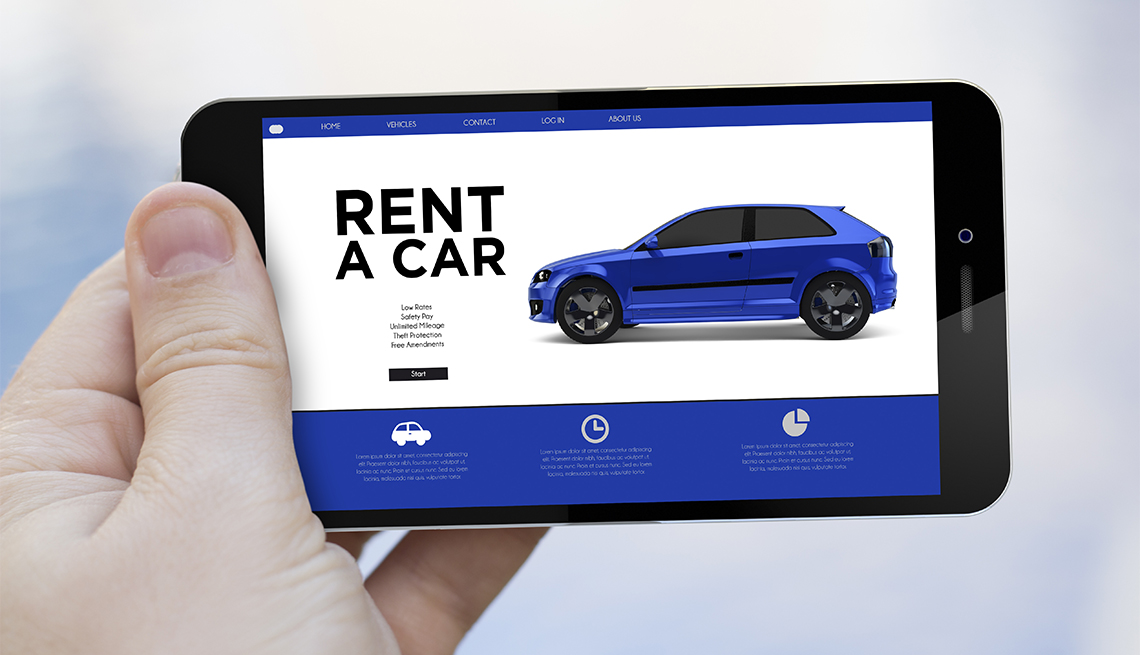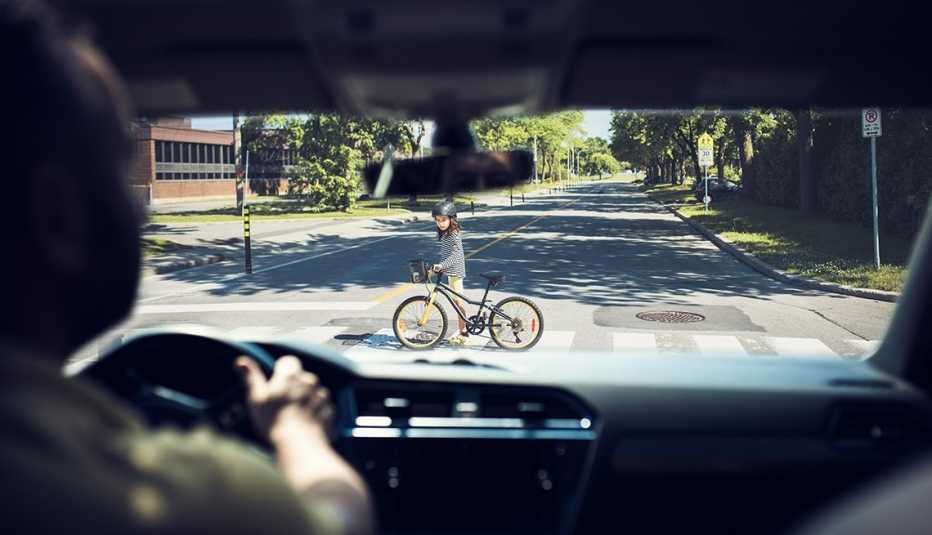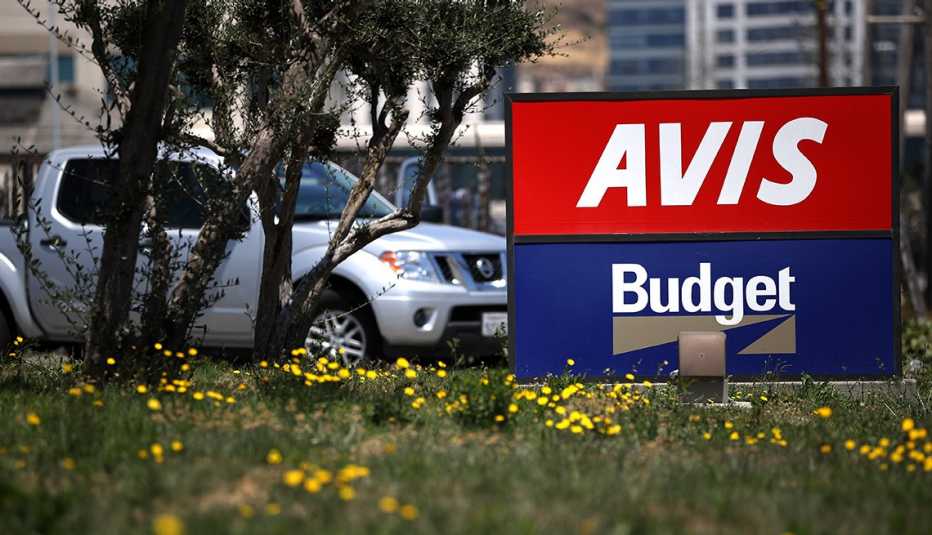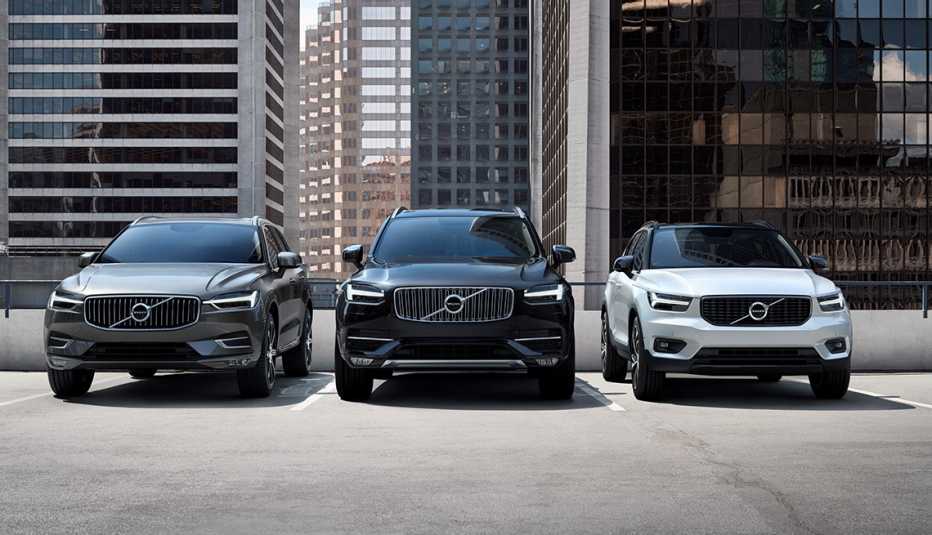AARP Hearing Center
Summer is road-trip time, and though the coronavirus pandemic is far from over there are people who want to get out and places that are encouraging travel by beginning to open some attractions.
The medical advice — especially for those 65 and older or people of any age with heart disease, immune problems, kidney disease, lung disease, obesity, sickle cell disease or type 2 diabetes — is pretty blunt: Don't go. Stay home.
But if you have some spots in mind where you can keep your distance from others, count on sanitized accommodations, find food for takeout or delivery and determine that fuel stops will be open the hours you need them, then your travel question becomes: Should I drive my own vehicle or rent one instead? That depends on what your own vehicle is.
"Maybe you live in the city and commute ... in a small car and don't have another one. If you take a big trip, you want to rent an Impala or something big,” says Jon Linkov, deputy auto editor at Consumer Reports.
Or, “you're going to camp, so you rent a truck,” he says. A pickup might be too expensive and too cumbersome to have as your personal vehicle, but for a week or two with the gear tossed in the cargo bed instead of swiping passenger space, it could be just the ticket.
Or maybe you'd like to try a car or truck in the rental fleet. You might be considering buying one or you're simply curious. So, maybe a rental is the way to go.
The case and caveats for a rental
More people seem to think so. Ian Beavis, chief strategy officer at Los Angeles-based auto consultant AMCI Global and a veteran observer of the auto scene, says rental car business is up 20 percent to 25 percent from the COVID-19 nadir, mainly at sites away from airports.
In other words, companies are not renting to people who arrive by plane. The neighborhood sites generally cater to those who just want to rent a car.
If you intend to rotate drivers, keep in mind that you might pay more for each driver beyond you and your spouse or domestic partner. Renting has some other pause-and-think considerations:
Size. Rental companies typically designate sizes differently than their customers do. Avis and Enterprise consider the Ford Fusion a full-size sedan. People who drive, say, a Chevrolet Impala, would quibble.
An Impala is about 21/2 feet longer than a Fusion, bigger inside with more room in the trunk, according to automakers’ specifications. The auto industry and the federal government's Environmental Protection Agency call it large.
Fusion is ranked midsize. That's important because bigger means more expensive. Rental companies may call an Impala a “premium” car, and the price goes up accordingly.
Expect the same size shuffle if you're renting an SUV. Don't expect a roomier car than your own only to find it's not so. Check the numbers.
And keep in mind that whatever you ask for when you reserve the vehicle isn't guaranteed. The ads say, “or similar.” You and the rental company might disagree about what's similar.
Upsells. Though you can negotiate, the rental agent will be happy to rent you a bigger car for more money. Or they could push you to buy damage insurance.
Your personal insurance or the major credit card you use to rent the car often covers rental damage. Check first to be sure. After a fender bender, it's too late.
Toll roads. Note in advance any tolls on your likely route. If you have an electronic toll device from home — one like E-ZPass that is usually mounted on your windshield and lets you pass through a toll booth without stopping to pay, it could be accepted where you're headed.
Toll roads and bridges in parts of 18 states now accept E-ZPass. Among the benefits in this era of keeping your distance are not shelling out cash at every toll booth and not needing to encounter a person.
































































